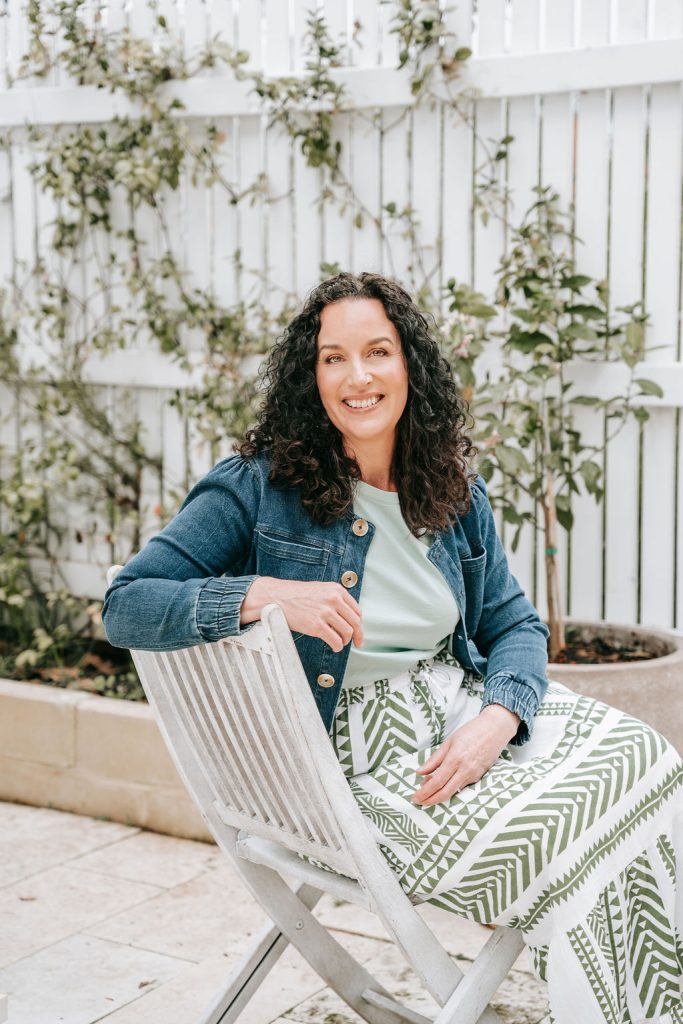2024 is my 12th year in sole private practice and it’s got me reflecting a little about what I’d do differently if I was starting now.
Although I did a lot of great things like learning about business principles and marketing for private practice, nicheing and understanding the funding models before I started, there are some things I would change.
One of those would be referring on and discharging people more quickly who were not a good fit or who were not progressing in therapy rather than persisting because the client didn’t want to end therapy and claimed some kind of benefit. The other is I wouldn’t bulk bill anyone when I started the business.
These kinds of reasons (changing fee and funding options, poor fit, lack of progress) often require referring on and discharging clients.
When I started doing this, private practice felt so much better.
It felt better because I had a choice in who I saw, I could change my mind about funding models and I could work from a place of my expertise mattering in decision-making around discharge just as much as the clients.
It’s a normal and healthy part of private practice and yet so many therapists feel unable to due to concerns about:
- Feeling guilty, bad or scared when considering discharging and referring on clients
· Fear that it will be experienced as rejection by the client because of the therapist’s sensitivities
· Handing over all their power to clients because they believe that’s what client centred therapy is (eg the client says it’s
helping them in the face of no change, the therapist goes along with it
· Being judged as abandoning clients
· Fear of complaints
· Not knowing how to discharge a client when it’s not the client’s idea
That’s why I created the masterclass Empowered Endings. So that you don’t get stuck feeling powerless in your own therapy practice. Learn how to ethically discharge clients using a process in which you both feel valued.
You can grab the recording and 47 page downloadable guide here.
Authentically yours,
Nadene

